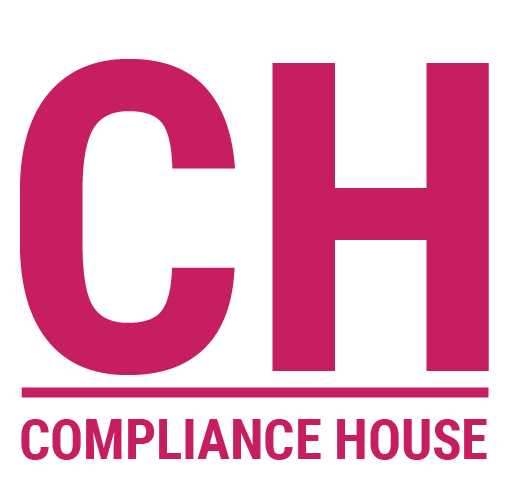Purpose
To encourage and normalize early reporting of concerns, questions, or suspicions by providing employees with the confidence, tools, and clarity they need to speak up before small issues become major problems.
10-Step Guideline
1. Recognize Situations That Warrant Speaking Up
- Be alert to behaviors or decisions that feel ethically questionable
- Pay attention to patterns of non-compliance or rule-bending
- Speak up if you witness harassment, discrimination, or retaliation
- Raise concerns if a colleague or partner asks you to “just ignore this once”
- Identify signs of pressure to meet goals in ways that cut ethical corners
2. Acknowledge Uncertainty Without Fear
- Understand that you don’t need proof to raise a concern
- Accept that doubts and instincts are valid starting points
- Use language like “I’m not sure, but this raised a red flag for me”
- Remember that it’s okay to ask, not just to accuse
- View speaking up as a contribution to a healthier organization, not as criticism
3. Learn the Channels Available for Reporting
- Identify formal channels: ethics hotline, reporting platform, manager, HR, or compliance
- Save contact info for anonymous or confidential reporting options
- Learn the difference between asking for guidance and reporting a violation
- Understand which channels are best for different types of concerns
- Make note of how and where to escalate if your first report is not addressed
4. Prepare Before You Speak Up
- Write down what you saw, heard, or experienced — stick to facts
- Note the date, time, people involved, and any supporting documents
- Think through what outcome you’re seeking: investigation, clarification, or policy change
- Practice explaining the issue clearly and calmly
- Consider whether you want to report anonymously or with your name
5. Choose the Right Moment and Person
- If appropriate, raise the issue directly with the person involved in a respectful manner
- If not, choose a trusted manager, HR contact, or compliance advisor
- Avoid sharing concerns informally or through gossip
- Ensure the conversation happens in a private, respectful setting
- Escalate to a higher level if your concern is dismissed without review
6. Understand Your Rights and Protections
- Review your company’s non-retaliation policy
- Know that retaliation for speaking up is a serious violation itself
- Ask compliance or HR for clarification if you’re worried about consequences
- Document your report and any responses, especially if retaliation is suspected
- Report retaliation immediately — it must be addressed as a separate concern
7. Encourage Others to Speak Up
- Share your experience (where appropriate) to encourage peers
- Normalize the idea of raising concerns in team discussions
- Support colleagues who raise concerns by listening and guiding them to the right channels
- Be a voice for speaking up even when others stay silent
- Reassure new employees that raising concerns is expected and supported
8. Monitor the Outcome Respectfully
- Understand that investigations may take time and details may be limited
- Avoid demanding updates beyond what’s appropriate to share
- Trust the internal process while maintaining documentation of your report
- If no follow-up occurs, escalate or request a status check respectfully
- Focus on the integrity of the process, not personal outcomes
9. Seek Support if Needed
- Speak with HR or a support contact if the experience creates stress or anxiety
- Use employee assistance programs or counseling if available
- Find peer allies who support a speak-up culture
- Request manager support for restoring team dynamics, if affected
- Remember you are not alone — many others face the same dilemma
10. Keep Speaking Up — Make It a Habit
- View speaking up as an ongoing part of your role, not a one-time action
- Report near-misses, not just confirmed violations
- Reinforce expectations in meetings and decision-making
- Encourage compliance checks during projects and reviews
- Treat openness as a key performance and leadership value
Conclusion
An ethical organization depends on early warnings — and early warnings come from people who are empowered to speak. When employees feel safe, supported, and expected to raise concerns, organizations can resolve issues before they escalate. Speaking up isn’t about creating problems — it’s about solving them early, together.

